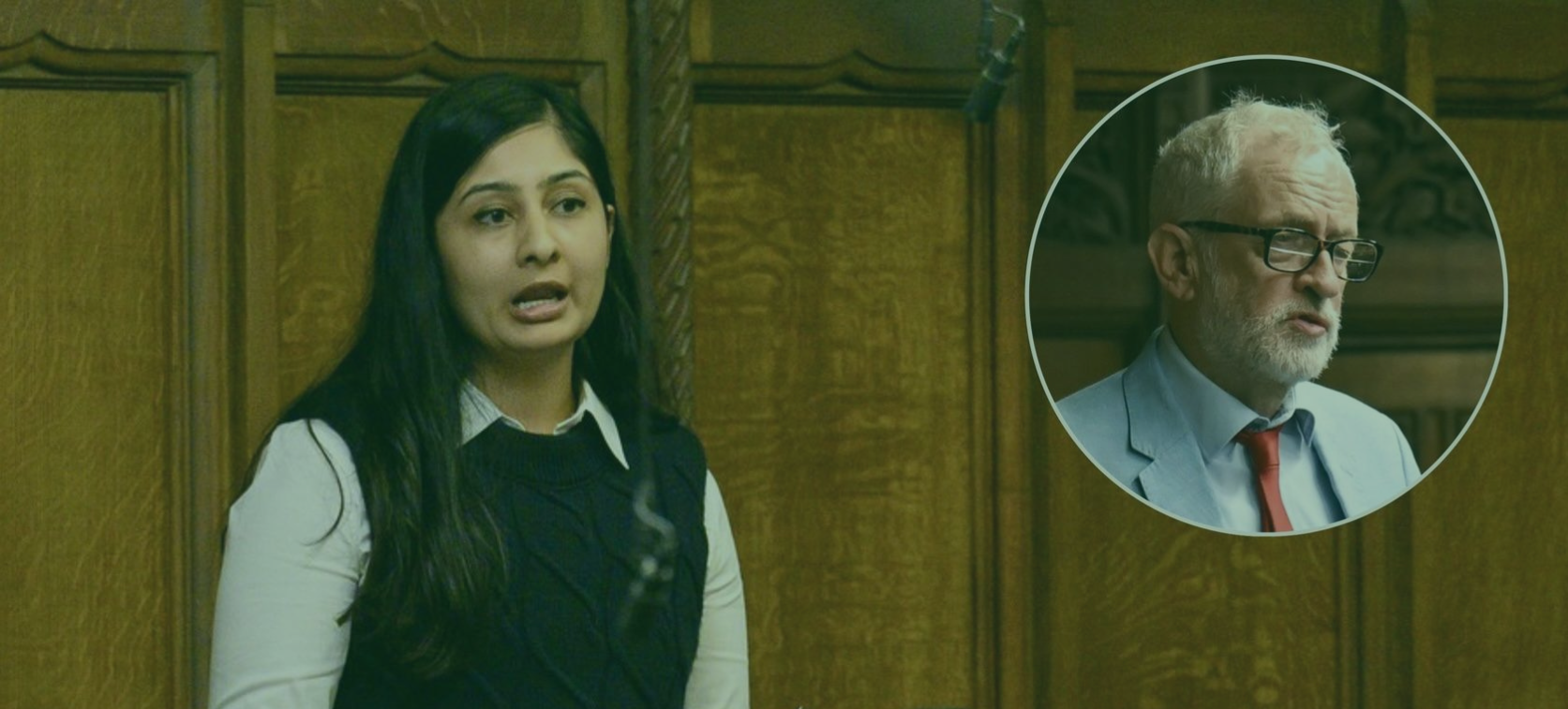Dear Zarah,
As-salamu alaykum wa rahmatullahi wa barakatuh,
Your resignation from the Labour Party was no surprise—only a matter of time. But timing aside, it was principled, and I salute you for it. In staying true to your conscience on poverty, Gaza, and justice for the marginalised, you’ve done what few politicians dare to do: walk away from a machine that demands silence over suffering.
But if I may speak plainly—because our community deserves that much honesty—I want to offer some reflections as someone who has lived and thought deeply about the political condition of Muslims in Britain for decades.
When immigrants first came to Britain, the Labour Party of Attlee and Bevan—with its welfare state, free school dinners, and national healthcare—felt like a natural ally. It spoke the language of dignity and inclusion, and many migrants stood loyally by its side for generations. But the Labour Party that once “welcomed us” has changed beyond recognition. And so has Britain.
While many in our community were busy surviving, they took their eyes off the shifting terrain. They missed what was happening: oxygen slowly drained from the left, the centre hollowed out, and the political spectrum increasingly absorbed by the right—until what remained was a culture of “Us and Them,” draped in the Union Jack and echoing colonial certainties.
The working class was weaponised against the racialised poor. Muslims were framed as threats to national security, even as our taxes paid for the bombs raining down on children in Palestine and Yemen. And the left—what little was left of it—was not immune. Jeremy Corbyn, a man whose political conscience is clear, was forced out of the party under the guise of antisemitism. But we all saw what it really was: Britain’s political system drawing a red line around anyone who dared challenge the interests of the empire, both domestically and internationally.
This reality has not spared Muslims either. From the quiet sidelining of principled voices to open hostility, the political landscape has become increasingly inhospitable to those of Muslim background who refuse to play along. Just look at Sayeeda Warsi, who was pushed to the margins of the Conservative Party for speaking out against Islamophobia. Or the growing list of Muslim MPs and councillors—across parties—who have left politics altogether, disillusioned by a system that silences, tokenises, or discards them when they dare to speak up. Their exits are not isolated incidents—they are part of a pattern, and we must be brave enough to name it.
When we speak of the system being built for the few, this is not exaggeration or rhetoric. From the earliest days of the British Parliament, democracy was limited to a privileged few. Before the 1832 Reform Act, fewer than 5% of people could vote, limited to male property owners. The House of Lords, unelected and hereditary, wielded power to safeguard aristocratic interests. Even reforms were designed to preserve the status quo, not empower the masses. And welfare laws like the 1834 Poor Law Amendment punished the poor rather than alleviating their suffering. This system was not broken; it was constructed to serve a narrow elite and manage the rest.
So, Zarah, your decision to leave was courageous. But it also reveals a deeper truth: even the best of us cannot fix a machine that was never built for justice in the first place.
As for this new party you speak of building with Jeremy, again, I offer caution. The British political system is not just hostile to the left—it has outgrown the need for it entirely. You may find brief euphorias, standing ovations at Palestine rallies, and viral moments around winter fuel campaigns. But these are sugar rushes before the crash. This system does not allow power to those who challenge it at its root.
Am I advocating political withdrawal? Absolutely not. But I am urging a rethinking of how we engage.
Muslims need to stop outsourcing our political future to a system that has shown us—repeatedly—that we are only welcome when we are compliant. We need to stop hoping for integration into a landscape that pushes out even the most principled white-skinned, blue-eyed men like Jeremy. We need our own analysis, our own frameworks, our own political literacy.
That means recognising the truth: no left-wing party—no matter how good-intentioned—will ever be allowed to govern in this country in any meaningful way. Not because people don’t feel the problems. But because the system simply won’t allow it.
So what do we do? We build alliances—not illusions. We work with the principled left where it aligns with truth. But we also challenge the contradictions—whether in foreign policy, social cohesion, or the very economic models we’re told are immutable.
And most of all, we present Islam—not just as a religion, but as a civilisational alternative. Not through slogans or sentiment, but through deep, intelligent engagement with all segments of society. We need to move beyond defensive identity politics and toward a public, principled invitation to think again about what justice, economy, law, and dignity actually mean.
I would welcome the opportunity to meet with you and Jeremy—to speak not only about what’s broken, but about what might still be possible. Not in the narrow corridors of Parliament, but in the hearts and minds of a public that is quietly suffocating under the weight of a politics built to serve the few.
Yours sincerely,
M Khan | R3Run Editor
Need Help?
-
[email protected]
-
Follow us on Instagram
-
Follow us on TikTok
